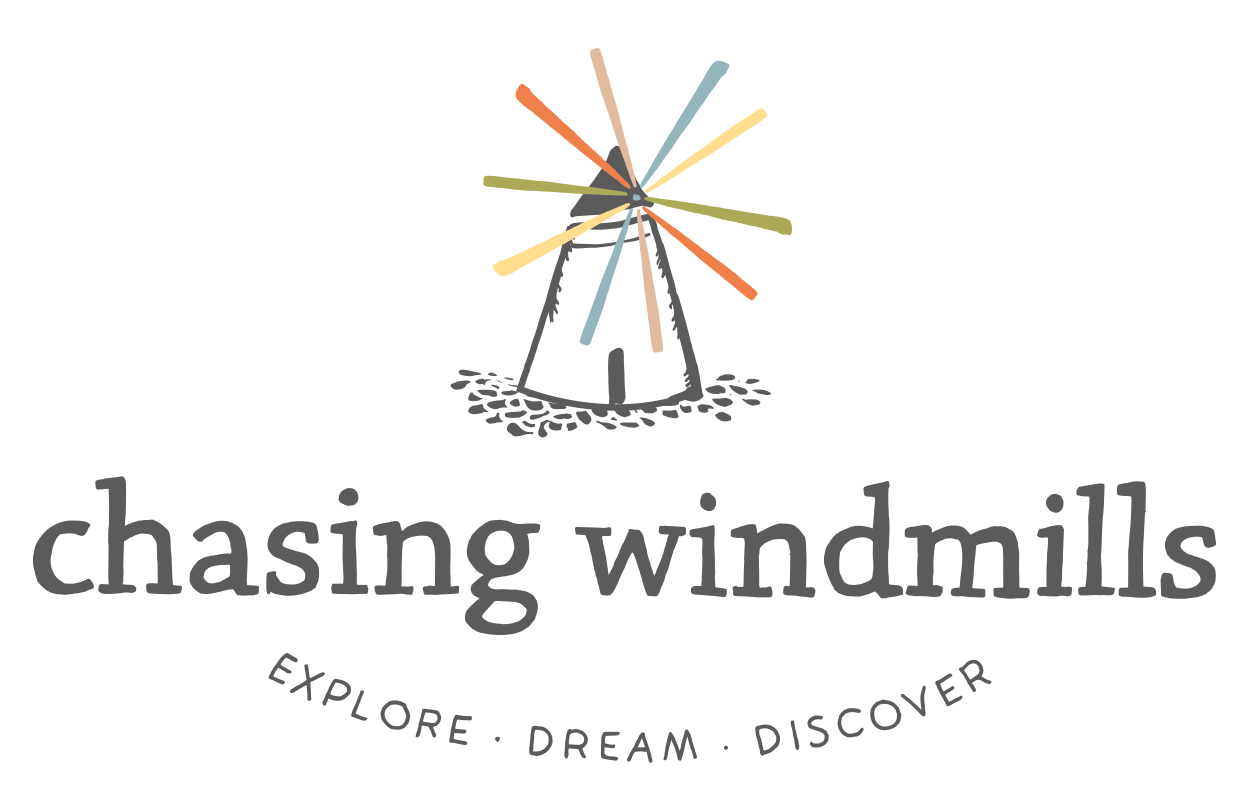He possesses quick wit, a mischievous smile that he freely shares with his wife Kate, and a knack for storytelling. His name is Philip Rive, manager of the Cecil Peak merino ranch outside of Queenstown, New Zealand.
Although a lifetime of farming shows in his sun-baked skin, he still exudes a boyish charm. Perhaps that charm springs from a life well-lived in one of the most beautiful places on Earth. Rolling mountainside meadows, majestic merino sheep, and bubbling brooks and slender waterfalls speckle the land as if stroked by an artist’s paintbrush. This is home, always has been home, for Philip.
On a drive deep into Cecil Peak, he captures you with longing eyes surveying the land, much the same way that you look at a photo album, memories washing over you. He hooks you with a story’s opening line, in his Kiwi accent, “When I was a wee boy…,” and then he takes you away.
Away to a childhood exploring this mountainous ranch land by pony with friends. A vivid picture emerges of an 8-year-old Philip Rive on horseback with that same mischievous smile and boyish charm.
You see him as the Kiwi Tom Sawyer, breaking into a hunting cabin miles from home with his friends and feasting on rations stored by his and his friends' fathers. Young Philip and his friends, in that moment, don’t ponder the consequences of their pilfering. Instead, the boys share the rations, basking in friendship, exploration, and the unmistakable bond forged by adventure.
That boy who explored the mountainous ranch land by pony is now a merino rancher himself, overseeing Cecil Peak Station for almost two decades. The land nurtured him as a boy and, as a man, he now repays the favor. Although aged by sun and seasons, Philip remains the quintessential adventurous boy at heart.
You see, Philip Rive is not just a rancher. He is a guardian of hallowed land — land that nourished his soul, imagination, and sense of adventure as a boy.
Philip, the land, and the merino sheep have grown together. The Cecil Peak merino sheep are not mere commodities. Instead, they represent a way of life or, better yet, a way of living.
So, when people ask me, “where does merino wool come from?”, my answer is that it comes from people like Philip: a purveyor of land, of sheep, of living a life with deep roots and purpose. It comes from a rancher who grew up without losing the best of his childhood.

